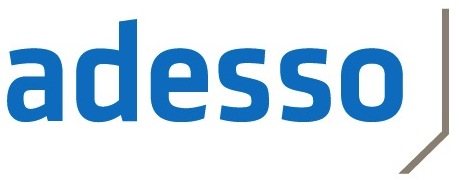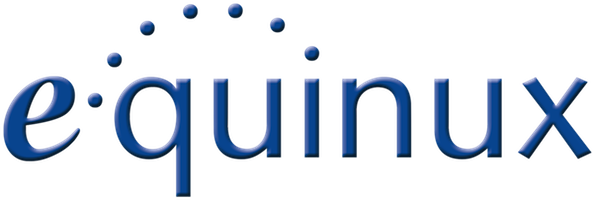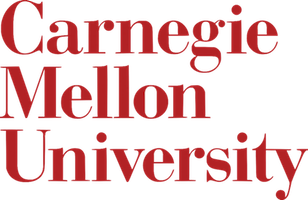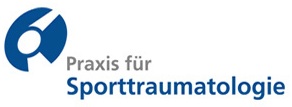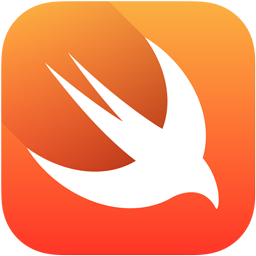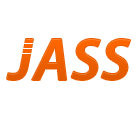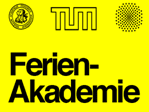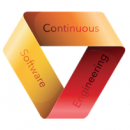 We are co-hosting the 2nd Workshop on Continuous Software Engineering together with RWTH Aachen and FAU Nürnberg. The goal of this workshop is to present and discuss innovative solutions, ideas and experiences in the area of continuous integration and continuous delivery including workflows, technologies, architecture, testing and culture. We solicit full papers (up to 8 pages) presenting original and evaluated research and short papers (up to 4 pages) describing novel ideas, identified challenges and experience reports. The workshop will take place on February 21, 2017 in Hanover, Germany, in conjunction with the Software Engineering conference 2017. You can find a detailed description of the topics covered and the call for papers can be found on the CSE17 website. We are looking forward to your paper submissions until January 8, 2017 (extended) and great discussions during the workshop!
We are co-hosting the 2nd Workshop on Continuous Software Engineering together with RWTH Aachen and FAU Nürnberg. The goal of this workshop is to present and discuss innovative solutions, ideas and experiences in the area of continuous integration and continuous delivery including workflows, technologies, architecture, testing and culture. We solicit full papers (up to 8 pages) presenting original and evaluated research and short papers (up to 4 pages) describing novel ideas, identified challenges and experience reports. The workshop will take place on February 21, 2017 in Hanover, Germany, in conjunction with the Software Engineering conference 2017. You can find a detailed description of the topics covered and the call for papers can be found on the CSE17 website. We are looking forward to your paper submissions until January 8, 2017 (extended) and great discussions during the workshop!
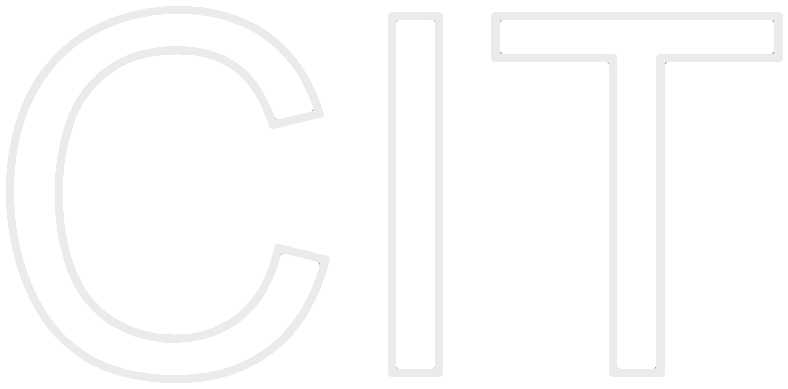

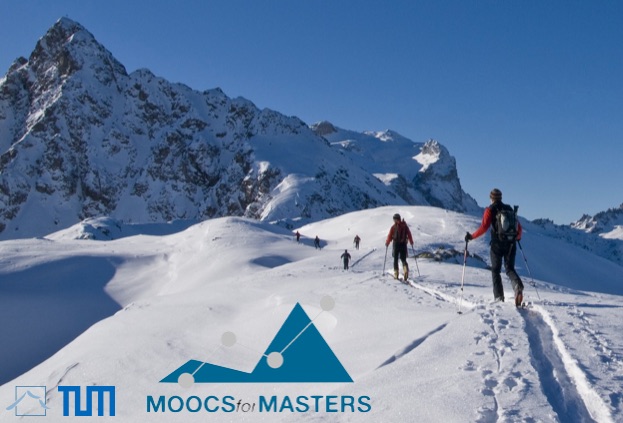 In the upcoming winter semester 2016/17, we will teach a completely new course
In the upcoming winter semester 2016/17, we will teach a completely new course 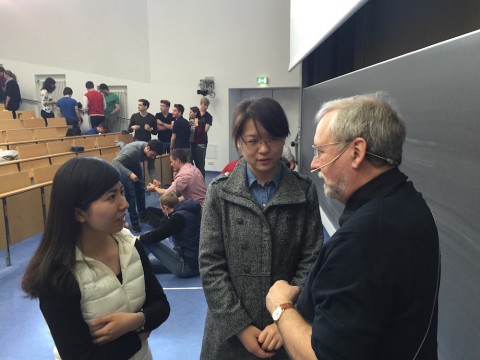 We will teach two courses in the summer semester 2016: (1)
We will teach two courses in the summer semester 2016: (1) 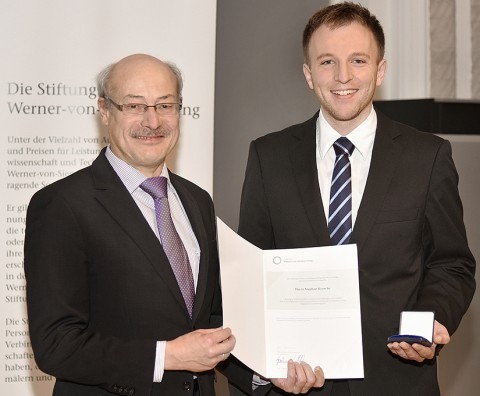 Since 1978, the technical and scientific associations of the
Since 1978, the technical and scientific associations of the 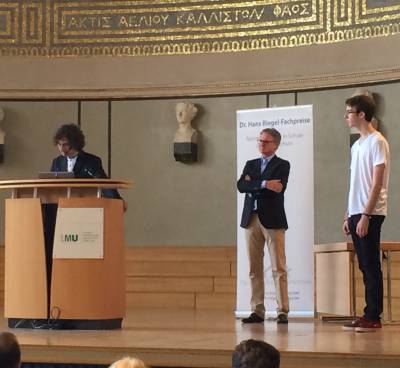 Hendrik Noeller (the person to the right in the picture) participated in the innovative
Hendrik Noeller (the person to the right in the picture) participated in the innovative 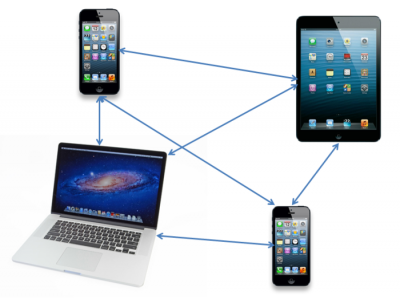 We published the peer-to-peer real-time framework Reto on
We published the peer-to-peer real-time framework Reto on 
